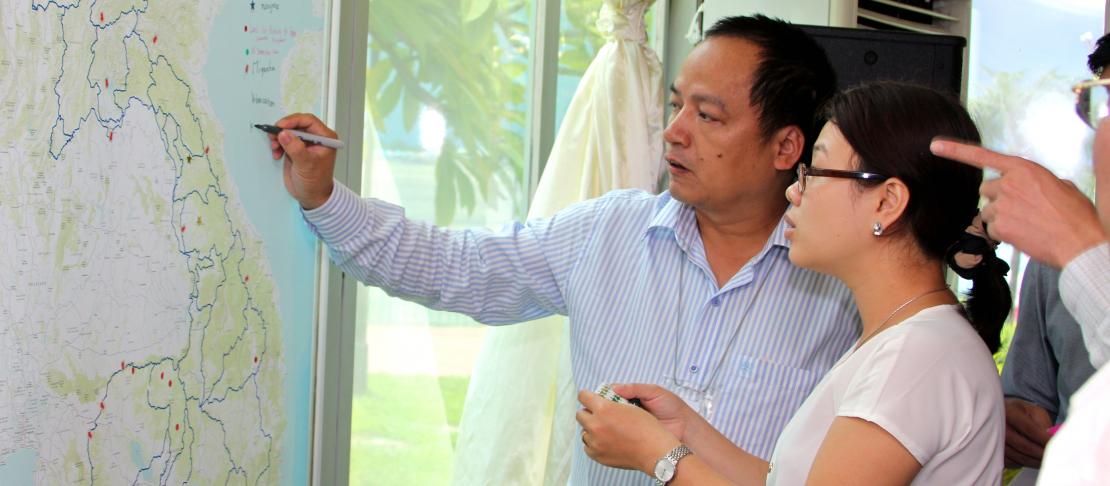Re-imagining anticipatory climate governance in the world's vulnerable regions

Faced with the realities of climate change, adaptation has become a key global focus. How do we deal with the changes that are already taking place and pre-empt those to come? What actions should be taken on a national and international level?
The Intergovernmental Panel on Climate Change (IPCC) has drawn up a set of climate and socio-economic scenarios to imagine and experiment with possible global climate futures; many other groups are developing scenarios at regional and national levels as well, either inspired by the IPCC work or independently. But how can the benefits and challenges of anticipation processes using future scenarios and other forms of foresight be better understood as policy interventions, particularly in the countries most vulnerable to climate change?
Led by Joost Vervoort (Utrecht University) and Aarti Gupta (Wageningen University & Research), the RE-IMAGINE project investigates ways in which various foresight approaches can play a role in appropriate and effective modes of anticipatory climate governance in the world?s most vulnerable regions.
The RE-IMAGINE project builds on the CCAFS Scenarios Project, combining the climate foresight expertise in this project with global climate governance expertise and regional expertise and experience among the participating partners.
The project is a joint effort between Utrecht University, Wageningen University & Research, the University of Oxford and the CGIAR Programme on Climate Change, Agriculture and Food Security (CCAFS) Future Scenarios Project, and has been made possible by the BNP Paribas Foundation’s ‘Climate Action Call’.